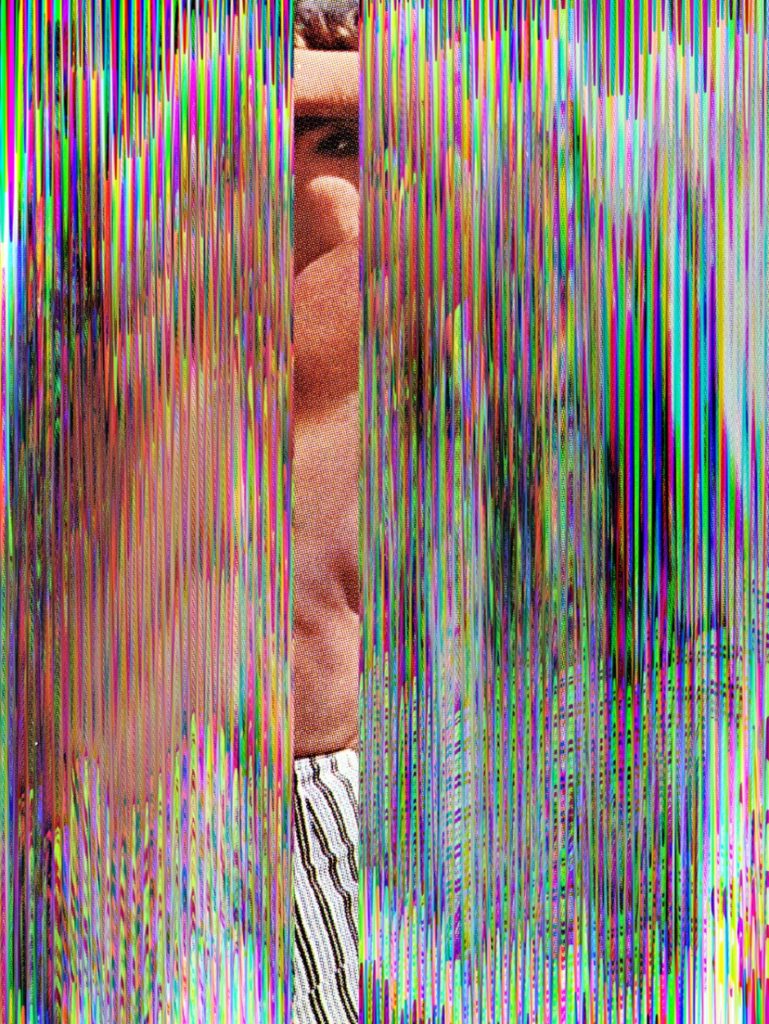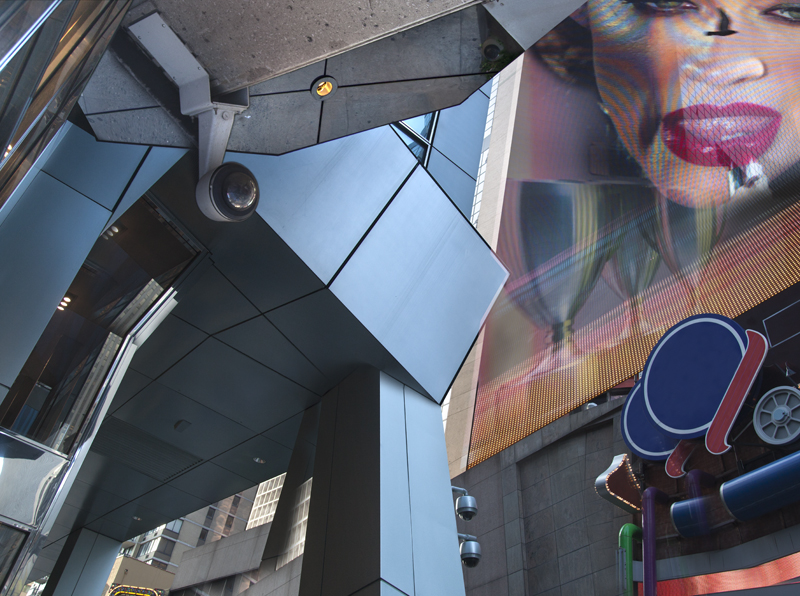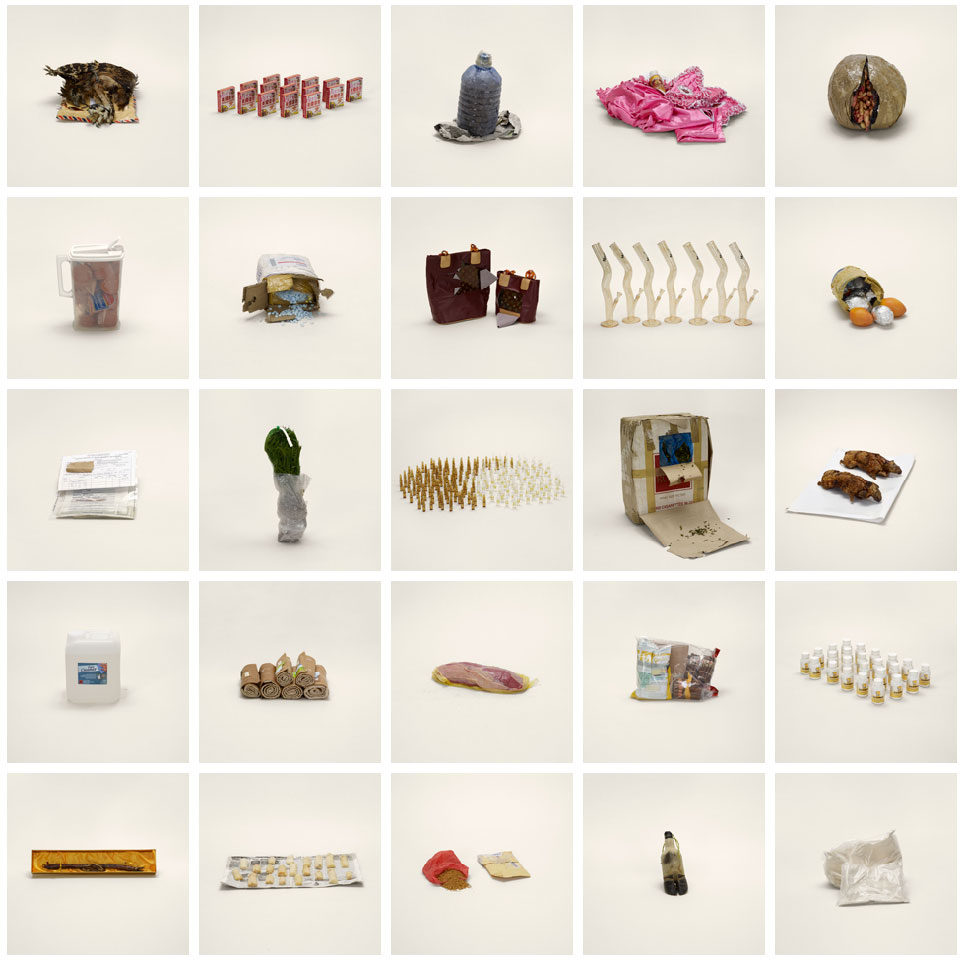Image Feed
Food is a visual medium. Consuming images of food offers a different satisfaction from eating that food, and often a better one. We use “food porn” to imagine ourselves in situations we may or may not want to be in, to experience desire over food we might not dare to actually consume. Staging meals for photos is its own pleasure too, lending permanence to a transitory occasion.
Instant Replay
Poor Meme, Rich Meme
Memes and Blackness are intertwined, and the meme’s tactical similarity to historical Black cultural forms makes them — predictably — vulnerable to appropriation and capture. But if memes reiterate the inequities between Black creators and white appropriators, can they also move us into a new collective Blackness?
Indecent Exposure
Before sexual assault online was recognized as such, Lori Douglas was a family lawyer in Winnipeg, Canada, when her husband shared explicit pictures of her without her knowledge or consent. This began a long ordeal that saw her professionally reprimanded and publicly humiliated for his violation. Here, she talks about the experience.
The Spy Is a Camera
In offering you the chance to decide which tagged photos of yourself you want to show, social media sites offer you a feeling of control, as well as a chance to enjoy the idea of other people looking at you. This serves as compensation for a surveillance that many of us can’t imagine being able to escape.






